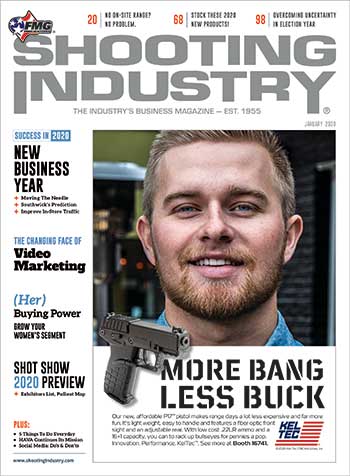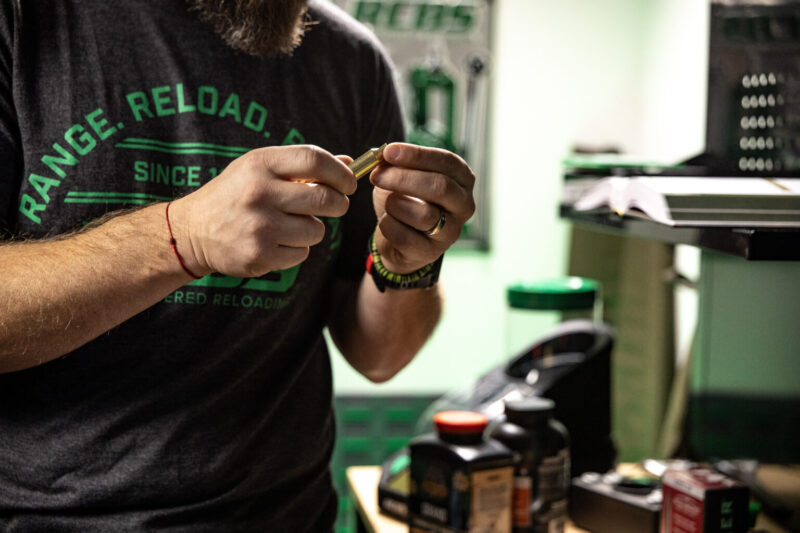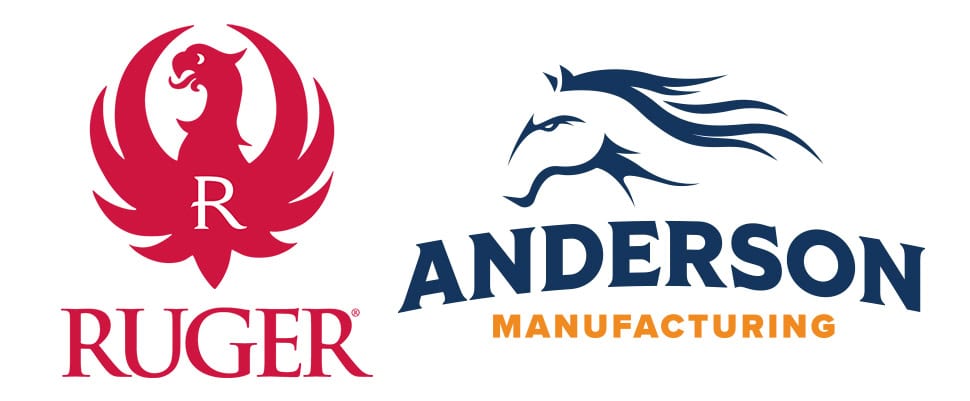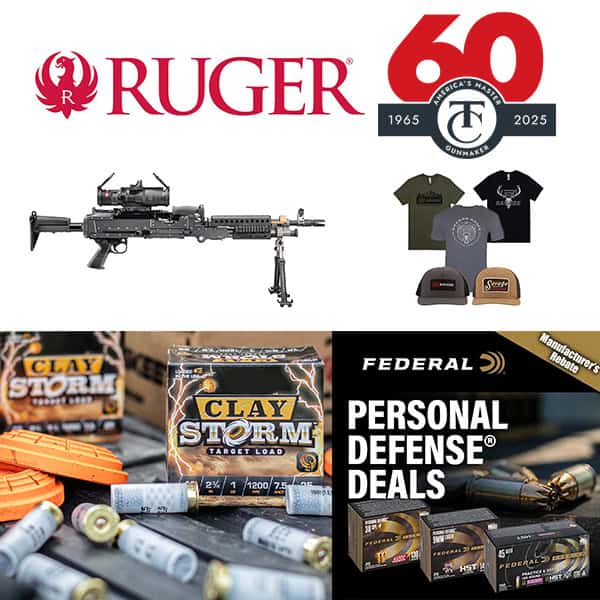From the Archives: The Professional Gun Dealer
Editor’s Note: Published nearly 50 years ago in the March 1970 issue, Maj. George C. Nonte investigated the sudden emergence of the “professional dealer.” Here, he finds some parallels of successful businesses that still hold true today. Have a comment? Contact the SIteam: comments@shootingindustry.com.
A few issues ago, the editor raised the question of what appeared to him to be a growing change in the appearance, style and business philosophy of many gun retailers. Promoted by his remarks, most of which I agreed with, and by his suggestion that we look further into the matter, we did some digging at the NSGA (National Sporting Goods Association) gathering in February.
We wanted to determine how the present generation of successfulpeople in this business compare with some of those, say, 10 years back. Our inquires began at the top, with executives of the major arms producers, importers and distributors, then on down through salesmen and factory reps. These people are vitally concerned with the success of their retail outlets and keep a very close eye on developments in the field.
The basic question, with a few variations due to geography and products, was simply “How does today’s successful gun retailer compare with those of several years back in regard to financing, business approach, technical knowhow, appearance and deportment?”
While answers varied in a number of ways, the general consensus of opinion was today’s successful dealer presents a somewhat different picture. Whether just a beginner or with a few years’ experience he is likely to be a) better financed, more likely to be operating on borrowed money and/or working with a more or less silent partner who provides financing; b) more knowledgeable of basic business principles and procedures; c) more concerned with proper accounting and the keeping of essential records; d) less flamboyant in speech, manner and dress. In short, those who have grown and succeeded are less amateur, more professional than before.
Then, we asked what they felt were the most common causes of failure of the gun retailer.
The answers were almost opposite of those above: a) lack of adequate capital; b) lack of business knowledge; c) lack of proper records; d) failure to analyze particular market areas; e) lack of product knowledge; f) a tendency to treat the business as if it were a hobby.
There isn’t any doubt a keen interest in and extensive knowledge of both guns and shooting can be of immense value in operating a gun shop. The same goes for knowledge of gunsmithing and handloading. The customer respects knowledge of what he wants to buy, make no mistake about that.
He may be attracted by flamboyance in the form of leather vests, high-heeled boots and ten-gallon hats or the nickel single-action carried by the fellow behind the counter — but those things don’t encourage him to buy nearly so much as a feeling that you know the subject well and can give him straight answers to his questions.
LOOK & ACT LIKE A PROFESSIONAL
This doesn’t mean you have to be a five-star expert in all fields, but it does mean you’ll have to learn all you can about the subjects of most interest among shooters in the area your shop services, rather than just those things of personal interest to you. This isn’t a requirement peculiar to the selling of guns — it applied to every field from the door-to-door vacuum cleaner salesman to the fellow peddling used airliners. They all must know at least enough to be able to answer any reasonable (and some not so reasonable) questions about their wares.
That’s where the hobbyist is way ahead of many other small businessmen. He already knows more about the products he’s pushing than the majority of his potential customers. But that isn’t enough. Not nearly enough to make success and a profit of gun selling. You have to look and act like a businessman — a professional.
The customer respects knowledge of what he wants to buy, make no mistake about that.
A professional who can be objective enough to graciously allow a customer to buy what he wants rather than what you think he ought to have. Professional enough to take time at the end of each day to make certain all records, especially those required by GCA 68, are brought up to date. Professional enough to recognize that the average customer (as opposed to the true gun buff who will forgive anything if you have something he wants) is far more impressed by knowledge in competence, and salesmanship, than by your taste in wild shirts and silver-studded belts. Professional enough to realize you must anticipate seasonal demands and prepare to meet them in advance. Professional enough to admit you really do need to burn some midnight oil and learn business and accounting procedures. Professional enough to know customers really do prefer a clean, neat shop. Professional enough to know keeping a bottle handy in the back room will attract a damn sight more free loaders than cash customers. Most of all, professional enough to acquire — at whatever cost and inconvenience — a sound knowledge of small business principles and procedures.
PUT THE WORK IN
The world is full of amateurs in all fields, but often seems more of them are found in the gun business than any other. By general definition, and amateur is one who engages in a sport or other activity but is not paid for his efforts. You can be an amateur and avoid making money by simply ignoring good business practices, operating on a shoestring, by giving all your friends discounts, ad infinitum. Yes, you can be a popular amateur or you can begin to function as a professional and have enough extra next year for that month-long hunt you’ve always wanted take.
There are many successful part-time gun sellers. They work at it only a few hours daily in addition to their regular jobs or professions. Some do it to support shooting or collecting activities, others to pay off a mortgage or, just for playing and drinking money mama can’t control. Many of today’s shop owners started that way and financed their first full-time shop from such earnings. But to do so, they worked at it as professionals; they didn’t treat it as a play thing or a game.
A good many small-shop operators seem to feel they’re something special — apart from the business and professional community of their areas — simply because they deal in the exotic, exciting and glamorous firearm. Hogwash! In the final analysis the gun-shop operator is just another small businessman bound by the same rules and responsibilities as any other. As soon as he realizes that, and also that customers will buy from him even if he wears a coat and tie and he’s equal (no more, no less) to the druggist and grocer, then he’s on his way to becoming a professional.
Whether you wind up as an amateur to whom people point and say “he sells guns” or an acknowledged and accepted member of the local business community is entirely up to you.
I just want to point out that the successful dealers now fall far more often in the latter category. Nuff said.
This article has been lightly edited for brevity and clarity. “The Professional Gun Dealer” was first published in The Shooting Industry’s March 1970 issue.





